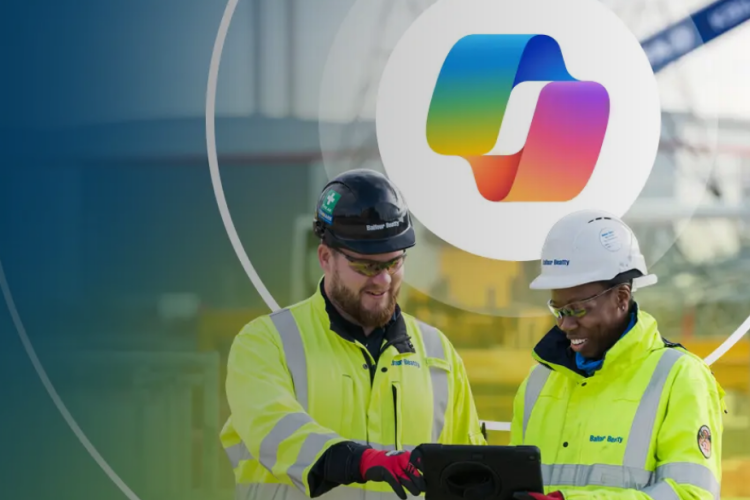Case Study | A46 Warwick bypass (Area 9 PAD contract) - Kier
- Safer Highways
- Mar 5, 2022
- 2 min read

SECTOR:
REGION:
The Challenge:
Constructed in 1967, the A46 Warwick Bypass has a history of pavement failures and surface deterioration including fretting, potholing, and water issuing from open joints and cracking. Over the years, most emergency intervention temporary repairs carried out to keep this rural, two-lane carriageway safe were confined to the top two layers (surface and binder courses), which can usually be repaired overnight.
After successive temporary repairs, one stretch of road had deteriorated to the extent that full-depth reconstruction was needed, meaning that we had to excavate 380mm to the sub-base course to replace the road surface. Much of the lower-level material contained tar, a complex mixture of hydrocarbons - some of which are carcinogenic, some toxic to aquatic life, and others both.
As a result, material containing road tar is classed as hazardous waste and must be transported to a licenced tip, where it is added to landfill. This is an expensive operation.

The Solution:
Kier and Aggregate Industries set about devising a low-carbon pavement solution for resurfacing the northbound carriageway between the Sherbourne and Leek Wootton roundabouts. The greenest and most cost-effective way to do this was by recycling the existing carriageway material.
The pavement design followed industry standards and was agreed by National Highways through a departure process. We encapsulated safely-recycled tar-bound material into the pavement layers by crushing and re-mixing it with Aggregate Industries’s ex situ cold recycled Foamix asphalt. The colder mixed material can be handled and compacted at a much safer ambient temperature and reduces the asphalt fumes which workers are exposed to during the resurfacing.
The material was mixed on site, minimising vehicle movements, increasing daily volumes and reducing the scheme’s carbon footprint.
"56% of material was recycled when Kier resurfaced 5.5km of the A46 Warwick bypass dual carriageway. Leading the project on behalf of client National Highways, Kier worked with specialist supply chain partner Aggregate Industries and reduced the project’s carbon footprint by 23%."

The Impact:
As well as making the A46 Warwick Bypass much smoother and safer for drivers, we were able to reuse and divert from landfill 17,432 tonnes of material from the road surface. The remaining material was recycled back across other projects.
Mixing recycled materials on site reduced both vehicle movements - saving around 82,000 road miles - and the amount of raw materials required for the works, resulting in a 23% reduction in the project’s carbon footprint. We were able to recycle 56% of the original material into the new road surface.
Scott Cooper, managing director, Kier Highways said:
“This is the first time that Foamix has been used on this type of road and this work on the A46 scheme really demonstrates how innovation and excellent collaboration across the value chain is needed if Kier and our partners are to succeed with reaching our net-zero ambition and combatting climate change.”



Comments